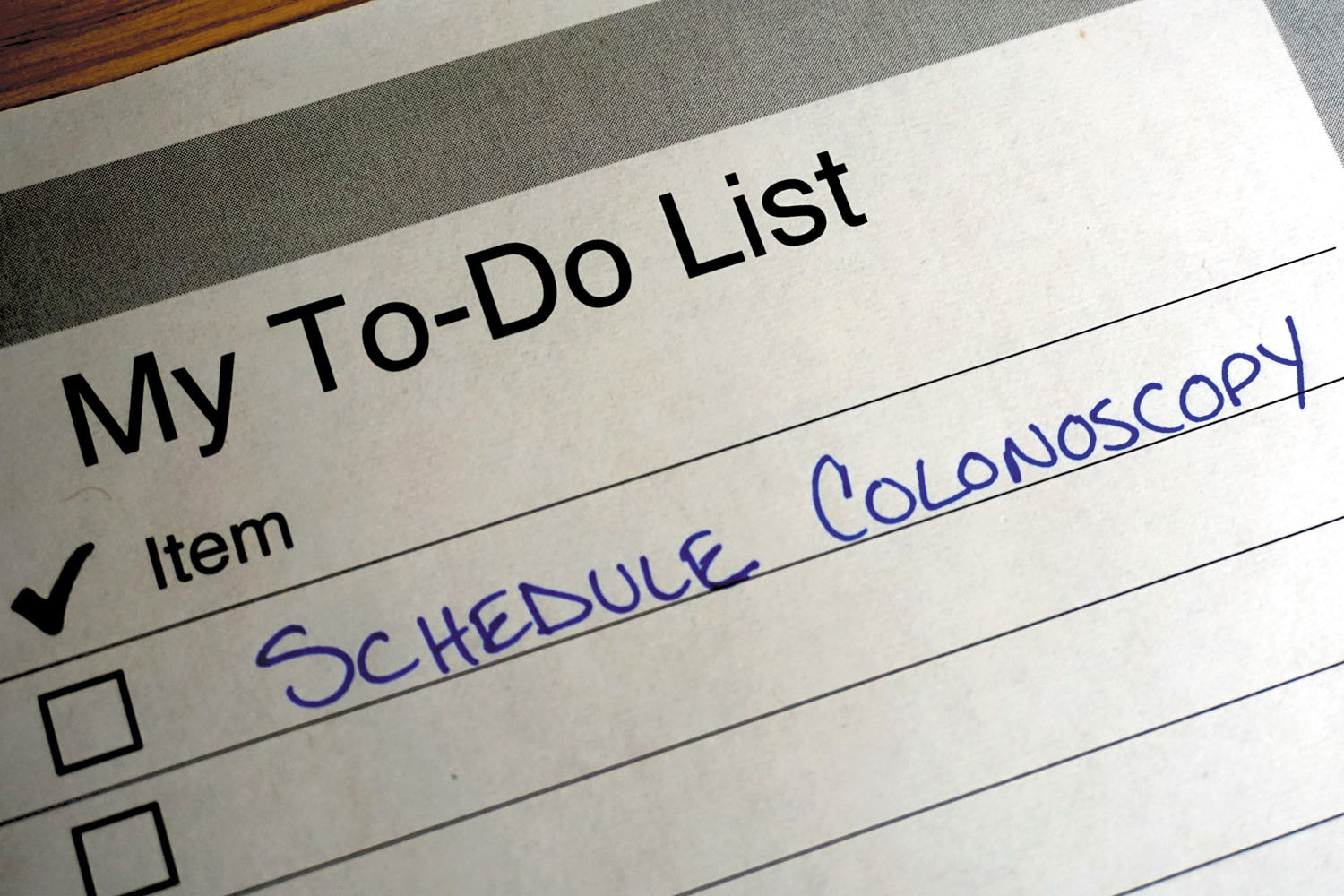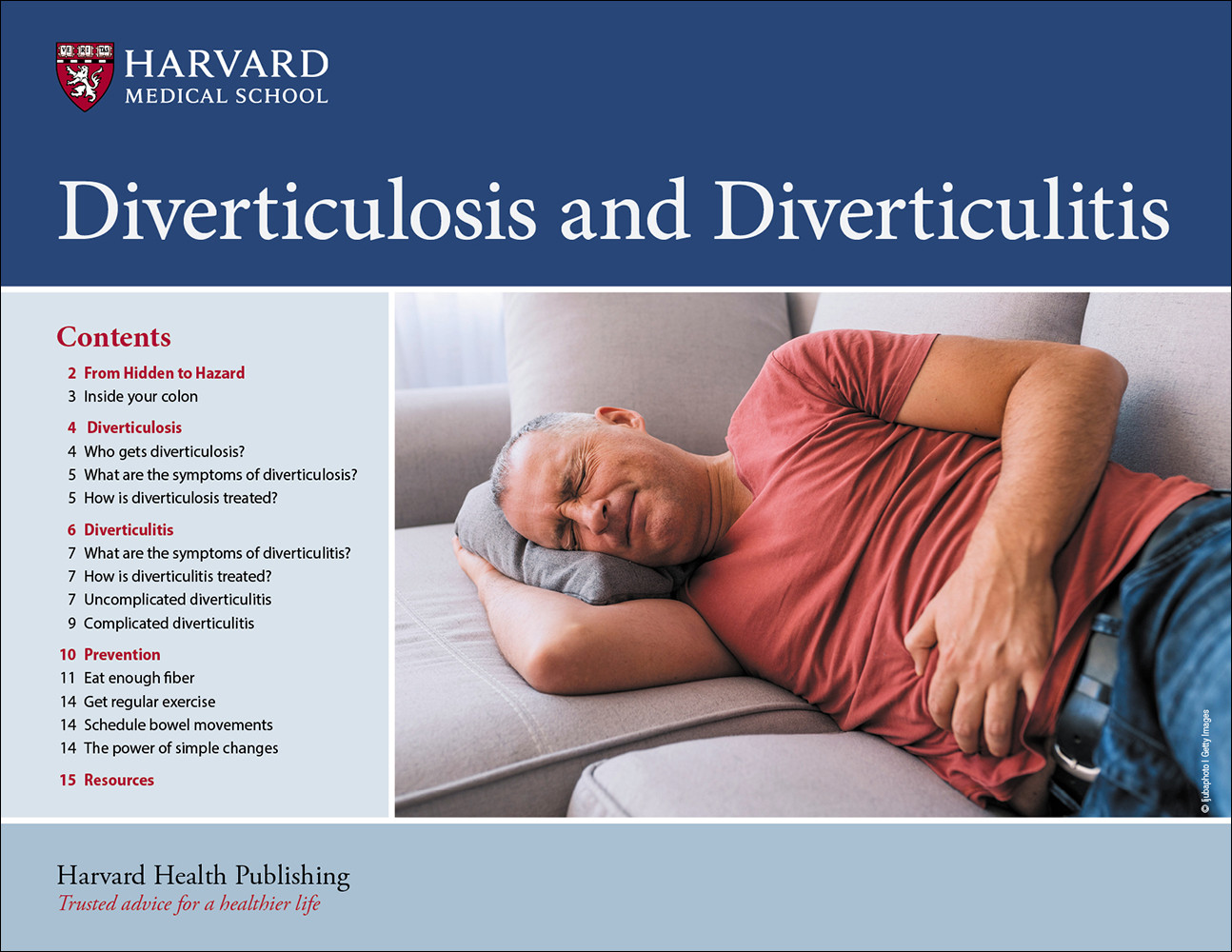Do I still need a colonoscopy?
On call

Q. I have had two colonoscopies over the past 10 years. Both of them were clean, without any polyps. I recently read that colonoscopy may not be as good as my doctor has suggested. What's your opinion?
A. The most recent study regarding screening colonoscopy, published in the Oct. 27, 2022, issue of The New England Journal of Medicine, triggered a wave of "Colonoscopy Doesn't Save Lives" headlines.
The researchers used health registries from four European countries to find a large complement of healthy middle-aged people. One-third of the study participants received an invitation to have a colonoscopy. Two-thirds of them received no invitation or other information, and therefore any discussion of colon cancer screening was left up to their individual doctors.
The researchers found that the risk of developing colon cancer over 10 years was slightly lower in the group invited for a colonoscopy. But the two groups' rates of colon cancer–related death or death over all were similar.
Did this mean that colonoscopy should no longer be considered the gold standard for colon cancer screening?
The findings in this study don't negate the results of so many other studies that have definitively found that colonoscopies decrease the risk of developing advanced stages of colon cancer or dying from colon cancer. In fact, a sub-analysis in the NEJM study estimated that actually having a colonoscopy, not just being invited for one, reduced the risk of developing colon cancer by 31% and death from colon cancer by 50%.
I personally will continue to get periodic colonoscopies. Not only can a colonoscopy detect precancerous polyps, but these polyps can usually be removed during the procedure to decrease the risk that they will develop into cancer.
I encourage all people at average risk of colon cancer to get at least one colonoscopy beginning at age 45. If no worrisome polyps are found, I would then be more comfortable if the person chose an alternative cancer screening strategy, such as sigmoidoscopy once every five years with stool testing in between, or just stool testing every one to two years.
A sigmoidoscopy examines only the lower part of the colon, but it doesn't require an intense bowel prep like a colonoscopy or sedation during the procedure. Common stool tests include the fecal immunochemical test (FIT), which checks for hidden blood that may indicate cancer, and Cologuard, which looks for cancer DNA markers.
Image: © OntheRunPhoto/Getty Images
About the Author

Howard E. LeWine, MD, Chief Medical Editor, Harvard Health Publishing; Editorial Advisory Board Member, Harvard Health Publishing
Disclaimer:
As a service to our readers, Harvard Health Publishing provides access to our library of archived content. Please note the date of last review or update on all articles.
No content on this site, regardless of date, should ever be used as a substitute for direct medical advice from your doctor or other qualified clinician.
















